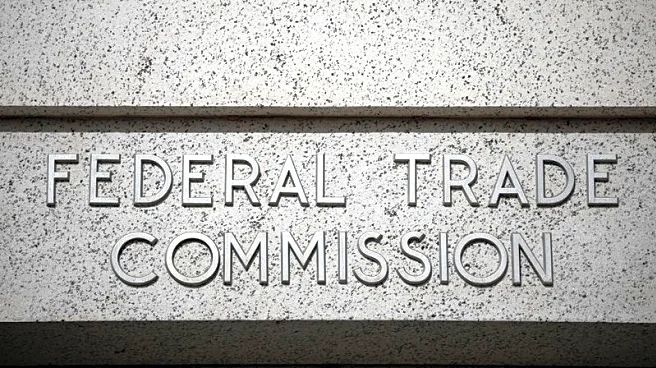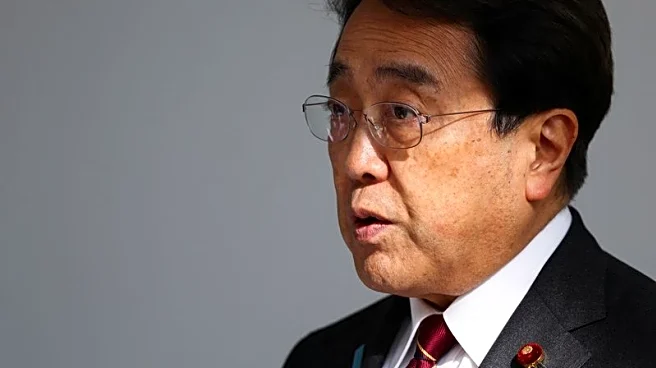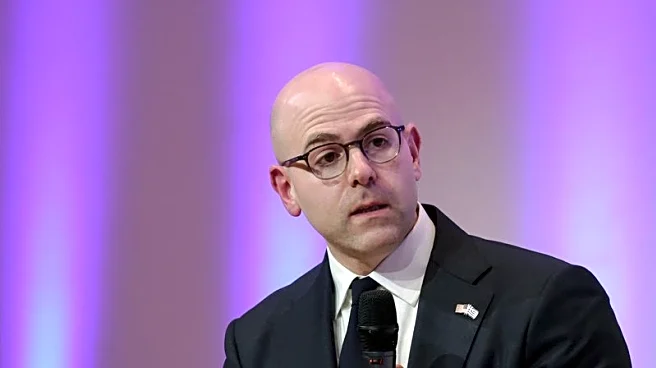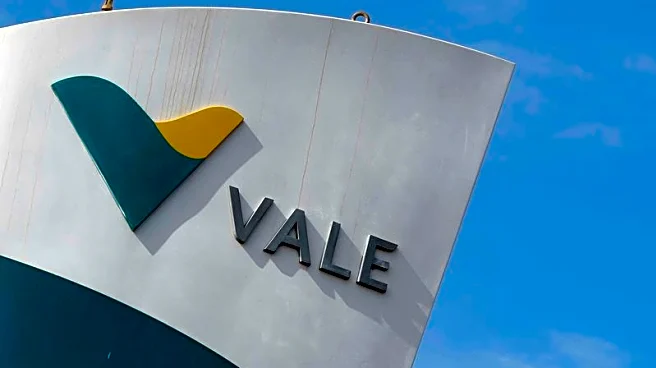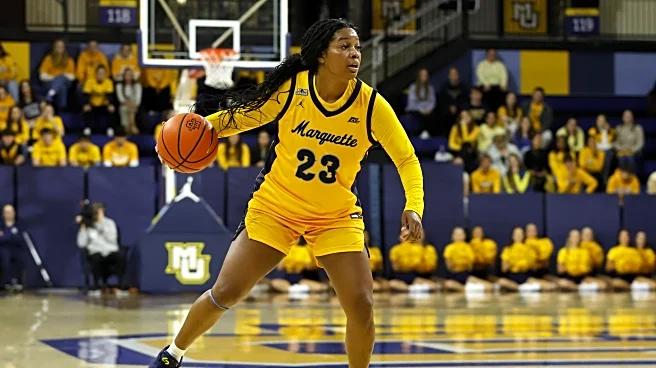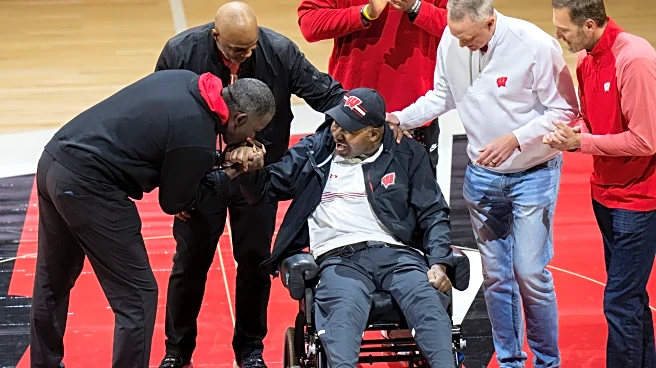What's Happening?
Keldon Johnson of the San Antonio Spurs contributed significantly to his team's preseason victory by scoring 16 points. Johnson's performance included shooting 6-8 from the field, 1-1 from three-point range, and 3-3 from the free-throw line, along with two rebounds, one steal, and one block in 16 minutes of play. Despite his contributions, Johnson has become somewhat overlooked as the Spurs continue to develop their roster. Last season, he averaged 15.6 points, 5.4 rebounds, and 2.2 assists per game, indicating his potential as a regular part of the rotation. However, his limited skill set has led to speculation about his future with the team, with his name being mentioned as a possible trade candidate.
Why It's Important?
Johnson's performance in the preseason highlights his ability to contribute effectively to the Spurs, yet the trade speculation suggests potential changes in the team's strategy. If Johnson is traded, it could impact the Spurs' roster dynamics and their approach to building a competitive team. For Johnson, a trade could mean a fresh start and new opportunities to showcase his skills in a different environment. The situation underscores the fluid nature of team compositions in professional sports, where player trades can significantly alter team strategies and individual careers.
What's Next?
As the preseason progresses, the Spurs will continue to evaluate their roster and make decisions that best align with their long-term goals. Johnson's future with the team remains uncertain, and any trade discussions will likely depend on his performance and the team's needs. Stakeholders, including team management and fans, will be watching closely to see how Johnson's situation unfolds and whether he remains a part of the Spurs' plans or moves to another team.
Beyond the Headlines
The speculation surrounding Johnson's potential trade raises questions about the broader implications for player development and team strategy in the NBA. It highlights the challenges players face in maintaining their positions and the strategic decisions teams must make to balance talent and potential with financial and competitive considerations. This situation also reflects the business aspect of sports, where player trades are not just about performance but also about fitting into a team's long-term vision.


